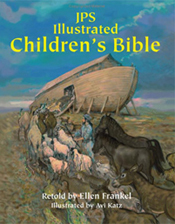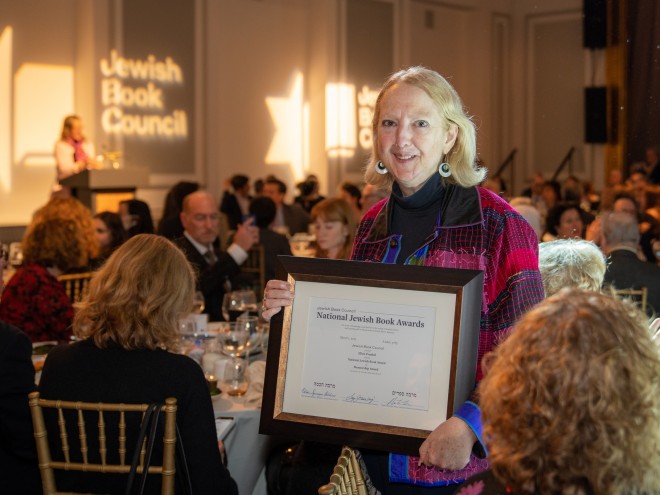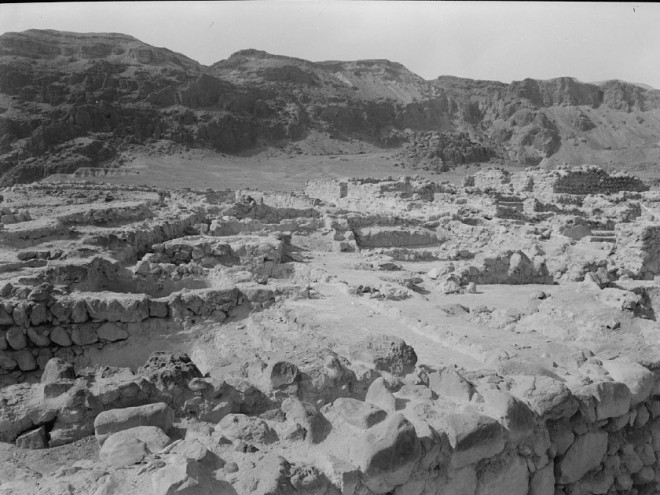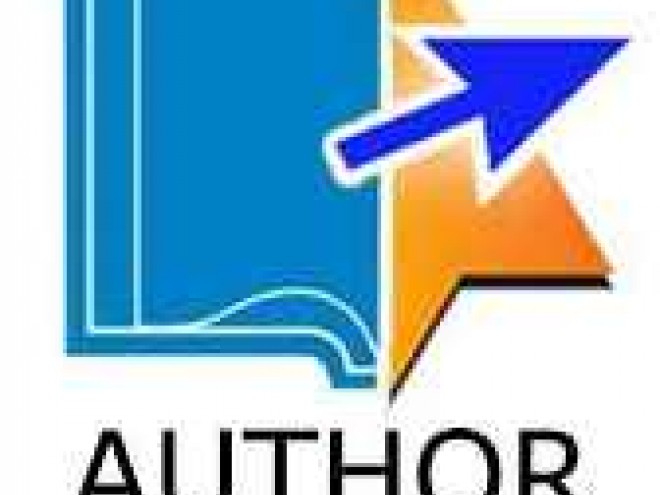Ellen Frankel, author of JPS Illustrated Children’s Bible, as well as the Editor-in-Chief and CEO of the Jewish Publication Society, is guest-blogging all week for MyJewishLearning and the Jewish Book Council.
 For most of Jewish history, the Bible was “one size fits all.” There was simply no such thing as a children’s version.
For most of Jewish history, the Bible was “one size fits all.” There was simply no such thing as a children’s version.
The second-century rabbinic anthology Pirkei Avot counsels: “At five years old [one should begin the study of] Scripture” (5:24). For centuries, Jewish children were introduced to the Bible, unexpurgated and unabridged. In fact, Jewish children’s books did not emerge as a separate genre in America until the 1930s, with the publication of The Adventures of K’Ton Ton
So, do Jewish kids really need a children’s Bible? Or are we just imitating our Christian neighbors, who have been publishing and teaching children’s Bibles since the 11th century?
Without question, the Bible contains material that is tough for children to handle. Many of the key stories in the Bible are violent. Cain murders Abel. Abraham raises his knife to sacrifice his son Isaac. Shechem rapes Dinah; Simeon and Levi retaliate by slaughtering all the men of Shechem. Pharaoh condemns to death all newborn Hebrew boys. Then Egypt is brought to its knees by ten deadly plagues. The Book of Joshua chronicles a campaign of genocide against the peoples of Canaan. The Book of Judges runs with blood. And the bloodshed continues through Samuel and Kings, with the Jewish people serving sometimes as executioner, sometimes as victim.
Other books, too — most of the prophets, Psalms, Lamentations, Esther, and Daniel — depict scenes of graphic violence. And there’s plenty of x‑rated sex, too, including prostitution, seduction, rape, adultery, and pagan debauchery.
When I wrote my children’s Bible, I chose to leave out most of the sex and violence, on the advice of colleagues and my teenage readers. I did it for the sake of parents and teachers as much as for the kids. In light of radical Islam and Jihadism, how can we countenance Joshua’s campaign of extermination or Saul’s massacre of Amalek, all in the name of God? In the shadow of the Holocaust, do we want to expose little children to the horrors of Lamentations?
But I didn’t exclude all violence from my book. Some stories, like the Binding of Isaac, are too central to the Jewish national story, even though they may disturb young children. Other stories, such as Cain and Abel or Noah’s Flood, are too familiar to omit. And some stories, like the Exodus from Egypt and the Book of Esther, serve as useful object lessons for today’s world.
As for the censored “adult content,” let parents tell their children that they have to wait until they’re older to read those sections. There’s no better way to ensure that the children will come back to the Bible for more.
Ellen Frankel will be blogging all week for MyJewishLearning and Jewish Book Council. Check out her new book, JPS Illustrated Children’s Bible.
Ellen Frankel served for 18 years as Editor in Chief of JPS. She received a Ph.D. in Comparative Literature from Princeton She has published eleven books, most notably The Five Books of Miriam. She has also written librettos for chamber pieces and two operas. She has traveled widely as a Jewish storyteller. The Deadly Scrolls is her first mystery.



